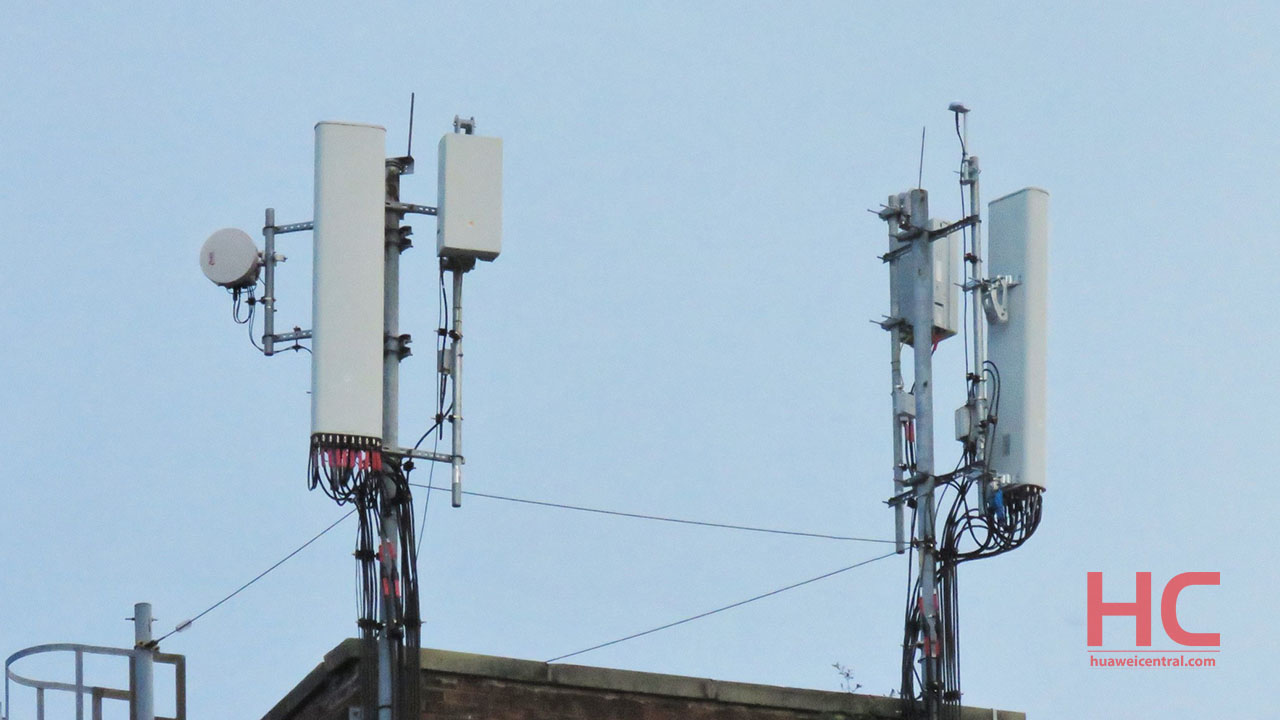News
Huawei building its own chips for 5G base stations

Huawei is a leading network equipment maker in the world and expanding its lead in 5G contracts around the globe.
As of February, Huawei gained 91 commercial 5G contracts and shipped over 600,000 5G Massive MIMO Active Antenna Units (AAUs) globally, which is an increase over its previous record and higher than its competitors.
Back in May, the U.S. commerce department placed trade restrictions on Huawei to prohibit its business with the U.S. firms and sells of semiconductor of chips.
Following the trade ban, the founder and CEO of Huawei – Ren Zhengfei last year said the company is planning to sell more than 2 million 5G base stations over the next two years, despite the US ban.
Ren also told that Huawei is producing its 5G equipment and base stations without including 5G components.
According to Bloomberg, the company is further expanding its capabilities to produce in house chips for its network base stations.
“Huawei is quickly ramping up at its secretive HiSilicon division to make more of these American component-free devices,” said Tim Danks, the U.S.-based Huawei executive responsible for partner relations.
“It’s still our intention to return to using U.S. technology,” he said. The longer Huawei goes without access to U.S. suppliers, the more unlikely it is to be able to return to using them, Danks added.
A base station is a radio transmitter/receiver, including an antenna, used in a mobile telecommunications network. The base station maintains the communication between the network and mobile users through a radio link.







